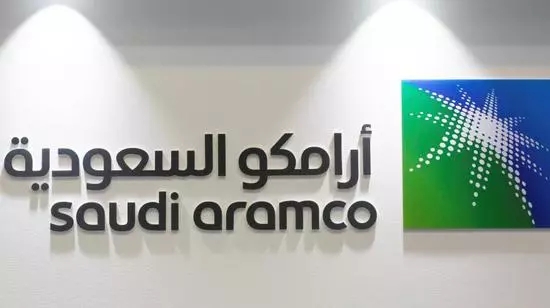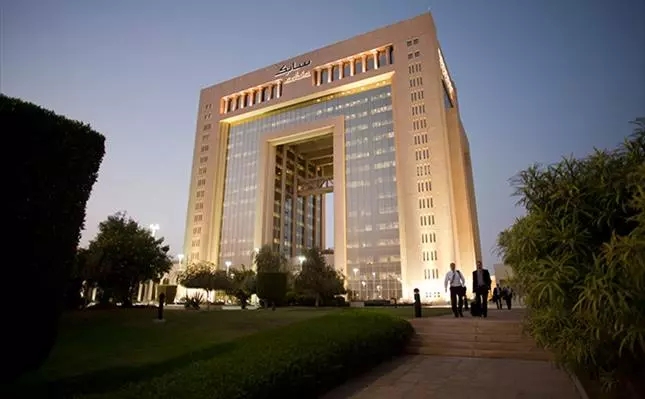On March 27, Saudi Arabian giant Amy signed a share purchase agreement to buy 70% of Saudi petrochemical giant SABIC from Saudi public investment funds. The agreed purchase price was 123.40 Riyals per share, totalling 259.155 billion lira, equivalent to $69.1 billion.
SABIC's remaining shares are traded on the open market and are not part of the acquisition. Saudi Arabia Amy has said it has no plans to buy them. The transaction is subject to certain transaction conditions, including regulatory approval.
At present, the annual production of petrochemical products of Saudi Arabia Amy and SABIC are 17 million tons and 62 million tons respectively. The acquisition is in line with Saudi Arabia's long-term strategy of boosting downstream product mix to boost growth. By 2030, it plans to increase refinery capacity from 4.9 million barrels per day to 8.0 million barrels per day, of which 2-3 million barrels of crude oil will be converted into petrochemical products every day.
Amin Nasser, president and CEO of Saudi Arabia Ami, said: & ldquo; the deal is an important step in Saudi Arabia Ami's downstream growth strategy to accelerate integrated refining and petrochemical products. SABIC will work together as part of the family of Saudi Ami to create a stronger business to enhance competitiveness and help meet the growing demand for energy and chemicals from global customers. “
Yousef Al-Benyan, vice-chairman and CEO of SABIC, said: & ldquo; SABIC will benefit from the additional scale, technology, investment potential and growth opportunities offered by Saudi Amy as a producer of integrated energy and chemicals, while continuing to focus on meeting customer needs and creating value for all shareholders. “

According to the data, SABIC was established in 1976 and its headquarters is located in Riyadh, Saudi Arabia. At that time, the Saudi government decided to use hydrocarbon gases associated with its oil production as the main raw material for the production of chemicals, polymers and fertilizers. SABIC produces polyethylene, polypropylene and other advanced thermoplastic products, ethylene glycol, methanol and fertilizer. SABIC operates in more than 50 countries worldwide with 34,000 employees. In 2018, the total output of SABIC in various business sectors was 75 million tons, with net income of 5.7 billion US dollars, annual sales of 45 billion US dollars and total assets of 85 billion US dollars.
Saudi Arabia Amy is a global, integrated oil and chemical company, with crude oil production, export volume and LNG export volume at the top of the list. In addition, Saudi Arabia and the United States are one of the largest refineries in the world. At present, the downstream business of Saudi Arabia and the United States continues to expand, further extending to the chemical industry. Saudi Arabia and Ami have more than 260.2 billion barrels of crude oil and more than 288 trillion cubic feet of natural gas.

Saudi Arabia has already put forward its IPO plan for Amy in early 2016, but the plan has been delayed, which was expected to be completed by the end of 2017, and then postponed to the second half of last year. SABIC's deal with Saudi Arabia has further delayed its IPO plans, mdash and mdash, which are now expected to go public in 2021.
SABIC has been an active participant in SABIC's plan to expand its business in the chemical industry.
The two companies recently chose to build a new direct crude oil chemicals (COTC) plant in Western Saudi Arabia. By 2025, the plant will process 400,000 barrels of crude oil per day, producing about 9 million tons of chemicals and base oils per year.
Saudi Amy recently signed an agreement with French oil giant Dodar to develop a $9 billion petrochemical plant in Jubail to produce 2.7 million tons of chemicals per year when it goes online in 2023-2024.
The two companies are also actively involved in European business. Saudi Arabia and Amy acquired the remaining 50% of Langsheng's stake in ARLANXEO, a joint venture in synthetic rubber, and SABIC acquired 24.99% of Klein's stake at the end of last year.

